Discover the causes, symptoms, and proven treatment options for acne vulgaris in women. Learn how hormonal fluctuations and lifestyle factors impact skin health—and how to achieve clear, radiant skin.
What Is Acne Vulgaris?
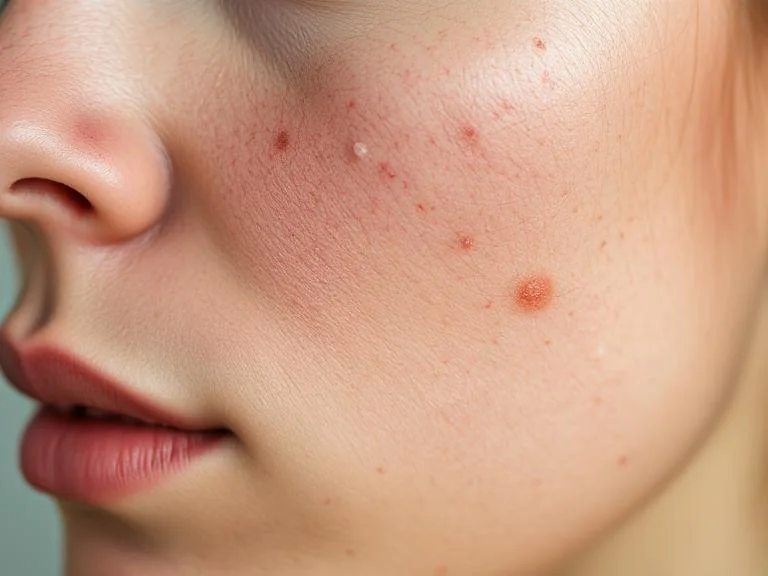
Acne vulgaris is a common skin condition affecting women of all ages. It involves inflammation of hair follicles and sebaceous (oil) glands, resulting in pimples, blackheads, whiteheads, cysts, and scars. Unlike teenage acne, adult women often experience hormonal influences that worsen or trigger breakouts.
Causes of Acne Vulgaris in Women
Acne in women results from a combination of factors:
-
-
Increased androgen activity stimulates oil (sebum) production.
-
Breakouts may worsen around menstruation, pregnancy, or with polycystic ovary syndrome (PCOS).
-
-
Excess Sebum Production
-
Oily skin provides an environment for clogged pores.
-
-
Blocked Hair Follicles
-
Dead skin cells mix with oil, creating plugs that lead to blackheads or whiteheads.
-
-
Bacterial Overgrowth
-
Cutibacterium acnes bacteria multiply in clogged pores, causing inflammation.
-
-
Lifestyle and Environmental Factors
-
Stress, poor diet (high sugar, dairy), certain cosmetics, and humidity can worsen acne.
-
-
Genetics
-
Family history often plays a role in acne severity.
-
Symptoms and Clinical Presentation
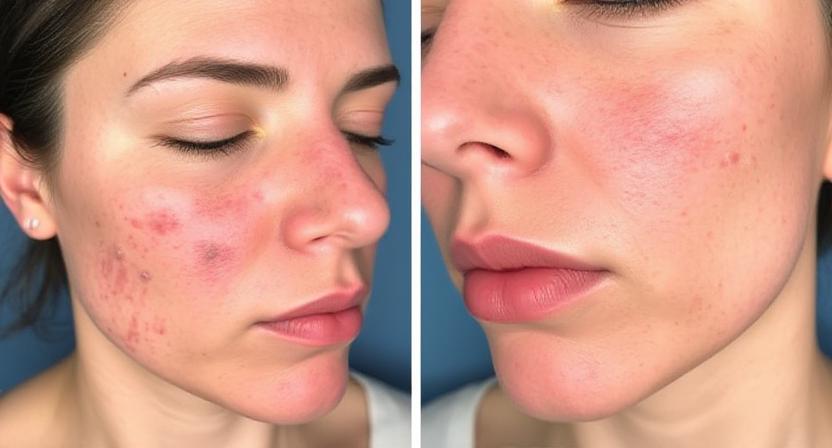
-
Non-inflammatory acne: Blackheads (open comedones) and whiteheads (closed comedones).
-
Inflammatory acne: Papules (red bumps), pustules (pus-filled lesions), nodules, or cysts.
-
Distribution: Commonly seen on the face, jawline, chest, back, and shoulders.
-
Severity levels: Mild, moderate, or severe, often fluctuating with hormonal cycles.
Tip: Hormonal acne tends to be cyclical, flaring up before periods and along the jawline.
Diagnosis
Most cases are diagnosed clinically through skin examination. Additional evaluation may include:
-
Medical history review (menstrual cycle, contraceptive use, family history).
-
Hormonal assessment if acne is persistent, severe, or accompanied by irregular periods or excess hair growth.
Complications and Impact
-
Physical: Scarring, post-inflammatory hyperpigmentation (dark spots after healing).
-
Emotional: Anxiety, depression, and reduced self-esteem are common, particularly among young women.
-
Quality of life: Severe acne can affect social interactions and professional confidence.
Treatment Options
Self-Care and Lifestyle Adjustments
-
Gentle cleansing twice daily with non-comedogenic products.
-
Avoiding harsh scrubbing or over-washing.
-
Using oil-free cosmetics and sunscreen.
-
Managing stress through sleep, exercise, and relaxation techniques.
-
Considering dietary modifications (reducing high-glycemic foods and dairy).
Medical Treatments
Topical Therapies
-
Benzoyl peroxide (reduces bacteria and inflammation).
-
Retinoids (promote skin turnover and prevent clogged pores).
-
Topical antibiotics (reduce bacterial overgrowth).
-
Azelaic acid (helps with pigmentation and mild acne).
Oral Medications
-
Antibiotics (short-term use for moderate to severe cases).
-
Hormonal treatments:
-
Combined oral contraceptives (regulate hormones).
-
Spironolactone (reduces androgen effects, often used for hormonal acne).
-
-
Isotretinoin (for severe, resistant acne).
Advanced Procedures
-
Chemical peels.
-
Laser and light-based therapies.
-
Microneedling for acne scars.
Prevention and Skin Care Tips
-
Remove makeup before sleeping.
-
Apply sunscreen daily, especially to prevent pigmentation from healing lesions.
-
Avoid picking or squeezing pimples to reduce scarring risk.
When to See a Dermatologist
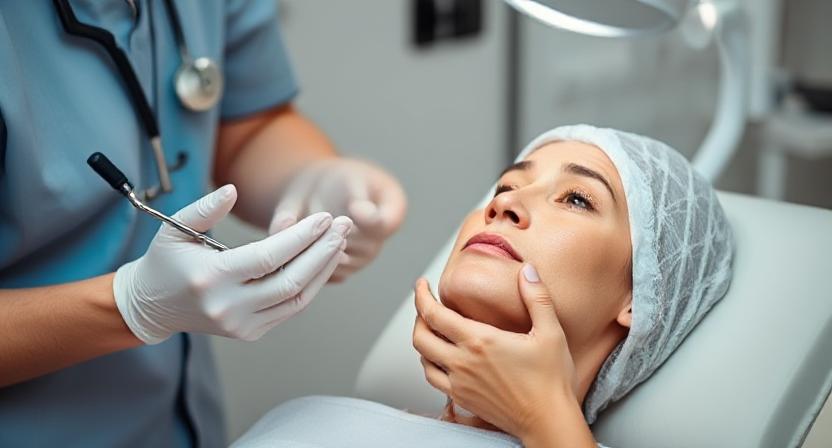
Consult a dermatologist if:
-
Acne is persistent despite home care.
-
Severe breakouts cause pain, scarring, or emotional distress.
-
Symptoms suggest hormonal imbalance (irregular periods, excess hair growth, weight changes).
Conclusion
Acne vulgaris in women is a multifactorial condition influenced by hormones, genetics, and lifestyle factors. While often distressing, effective treatments are available, ranging from simple skincare adjustments to advanced medical therapies. With the right approach, most women can achieve clear skin and restore confidence.
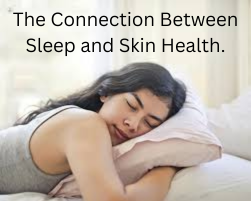
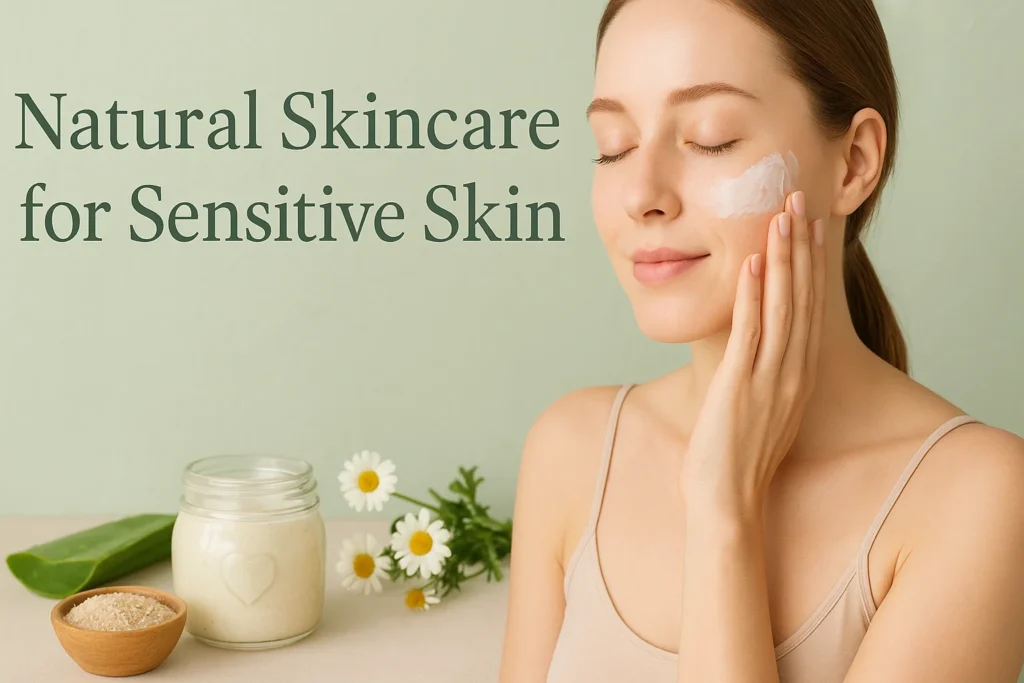
Pingback: Women’s Skin Health: Complete Guide to Common Skin Condition - SheCure
Pingback: Rosacea in Women: Redness, Triggers, and Treatment